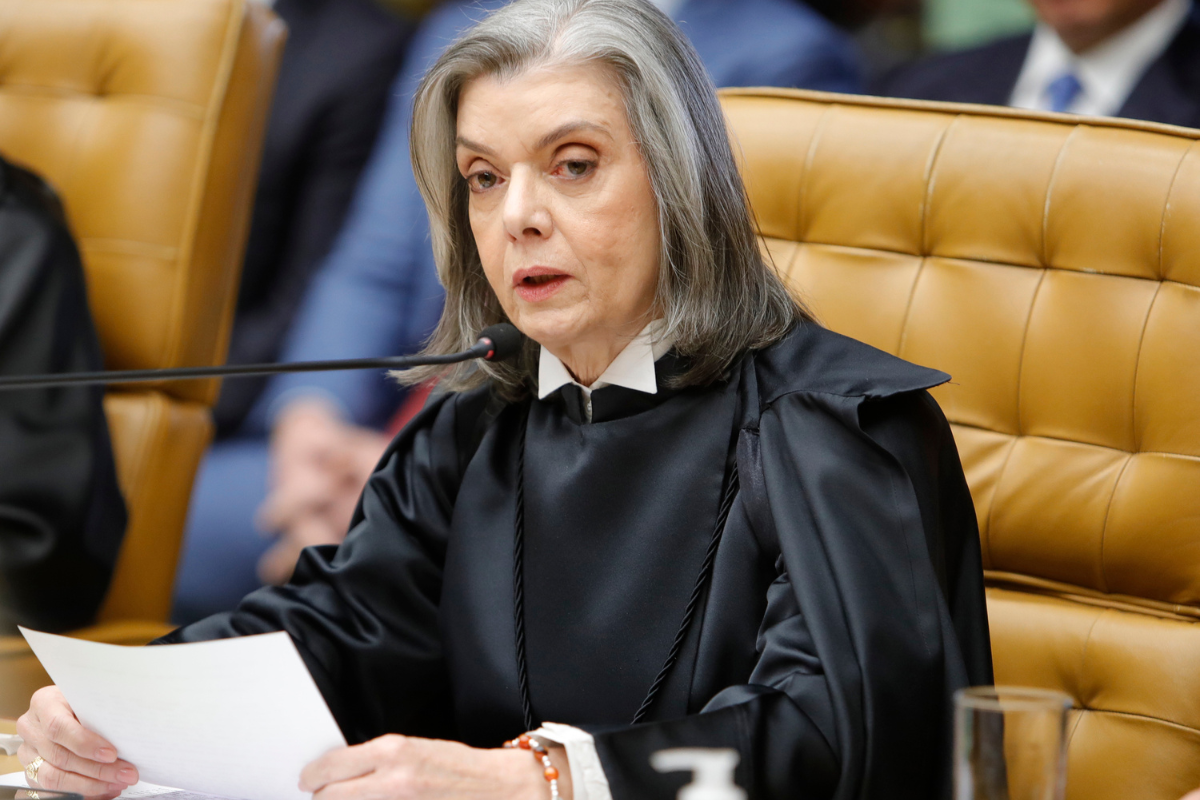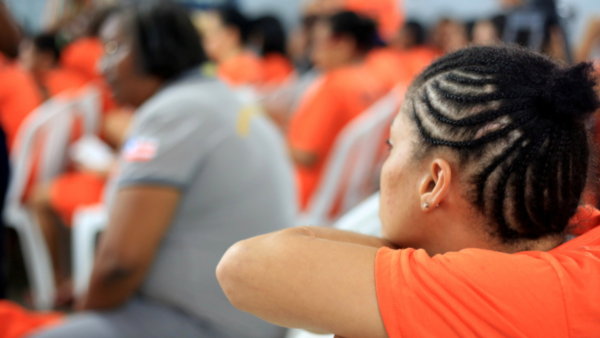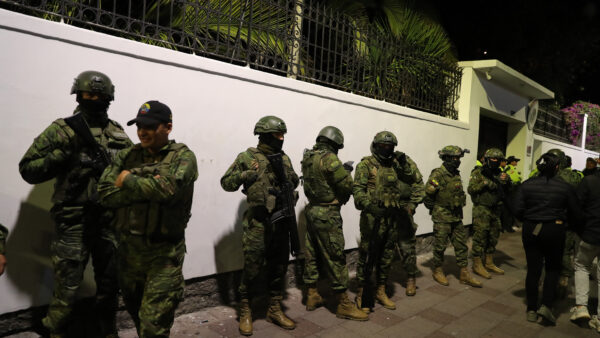Supreme Court Justice Cármen Lúcia will take office on Monday night as the new head of the Superior Electoral Court, Brazil’s top electoral body. She will replace Justice Alexandre de Moraes, the main target of the Brazilian far-right’s vitriol since the Jair Bolsonaro administration.
Her main responsibility will be presiding over the municipal elections in October, which will be held in the country’s more than 5,500 cities. One of the court’s roles is the procurement, programming, and distribution of the about half a million electronic voting machines used in each election cycle.
The rotating presidency of the Superior Electoral Court is held by Supreme Court justices for terms that last for around two years. Justice Moraes took office as head of Brazil’s top electoral body in August 2022, just months before the presidential elections in which President Luiz Inácio Lula da Silva defeated Mr. Bolsonaro.
Even before Justice Moraes took over the electoral court, the Bolsonaro-led far right had waged a campaign to portray him as a public enemy, as part of a longstanding campaign to discredit Brazil’s electoral system ahead of the 2022 elections. In September 2021, during a rally in São Paulo, then-President Bolsonaro said he would no longer comply with Justice Moraes’s decisions.
In a momentous decision, Justice Moraes chose not to postpone the time polls closed during the October 2022 runoff, avoiding a future legal dispute, despite several documented cases of attempted voter suppression as an unusually large number of Federal Highway Police (PRF) operations in northeastern states delayed voters at the command of the Bolsonaro administration.
Justice Cármen Lúcia has already had a stint in charge of the Superior Electoral Court, from 2012 to 2013. During that period, she oversaw the 2012 municipal elections and was the first woman to hold the office.
As deputy head of the court, Justice Cármen Lúcia proposed regulations for the use of artificial intelligence (AI) in electoral campaigns, even before the official election period. In late February, the court adopted rules banning so-called “deepfakes” from campaign materials, and requiring campaigns to label AI-generated content.


 Search
Search











































